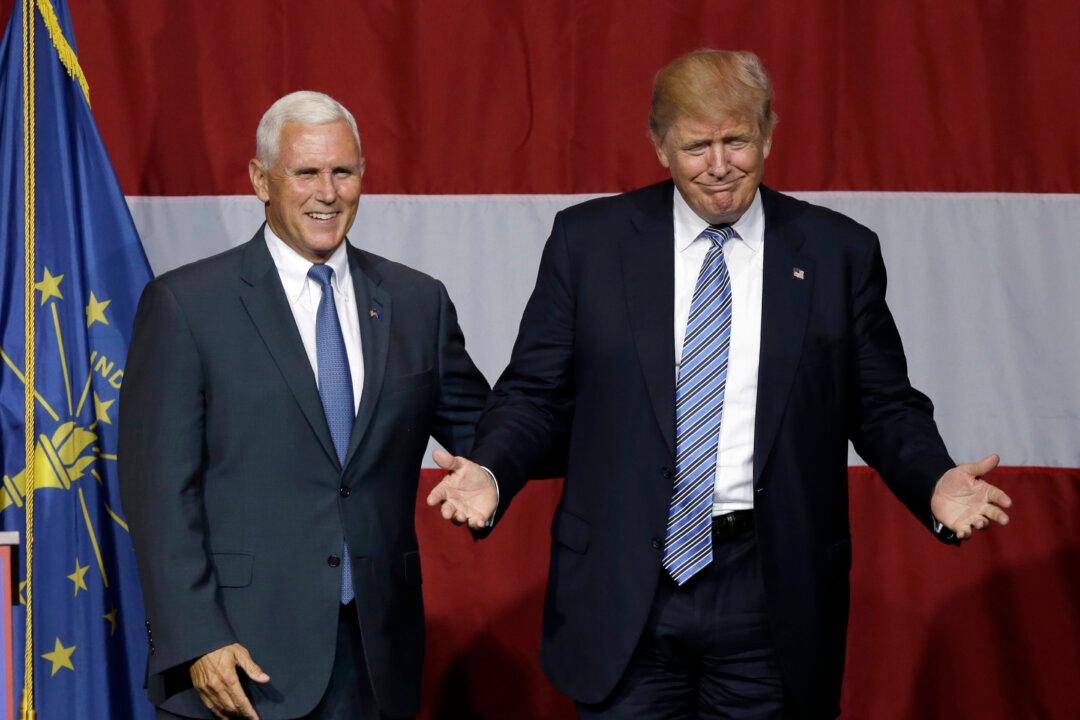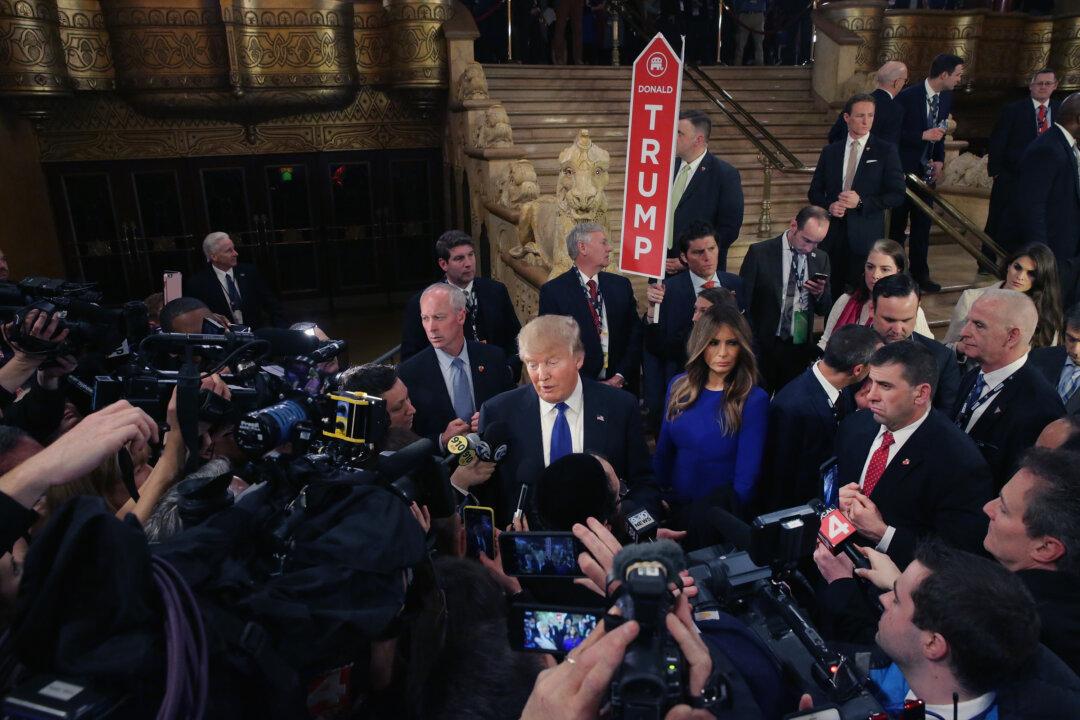This is nothing more than theater. Not only is Trump constrained by normal political forces, he is perhaps uniquely constrained among presidential candidates by the lack of unity within the Republican Party—disunity he helped create.
Pence was, in fact, one of very few people that Trump could name even though the candidate seems to have more affinity for personalities that project Trump’s vision of strength through aggression—like New Jersey Governor Chris Christie or former House Speaker Newt Gingrich.
To understand the choice of Pence, let’s consider the constraints on Trump.
Firming Up the Base
Most voters are partisans, and most partisan voters remain loyal to their party in the voting booth. Pundits will often observe that a plurality of voters claim to be “independent,” but most such voters are actually partisans in disguise, as political scientists discovered long ago.
Most self-professed independents will admit to having leanings, and these “leaners” are just as loyal in their voting patterns as other partisans. Presidential elections are mostly contests over the small sliver of the electorate that consists of true independents, which is generally between 10 percent and 15 percent of the electorate, based on results from the American National Election Studies survey each election.

